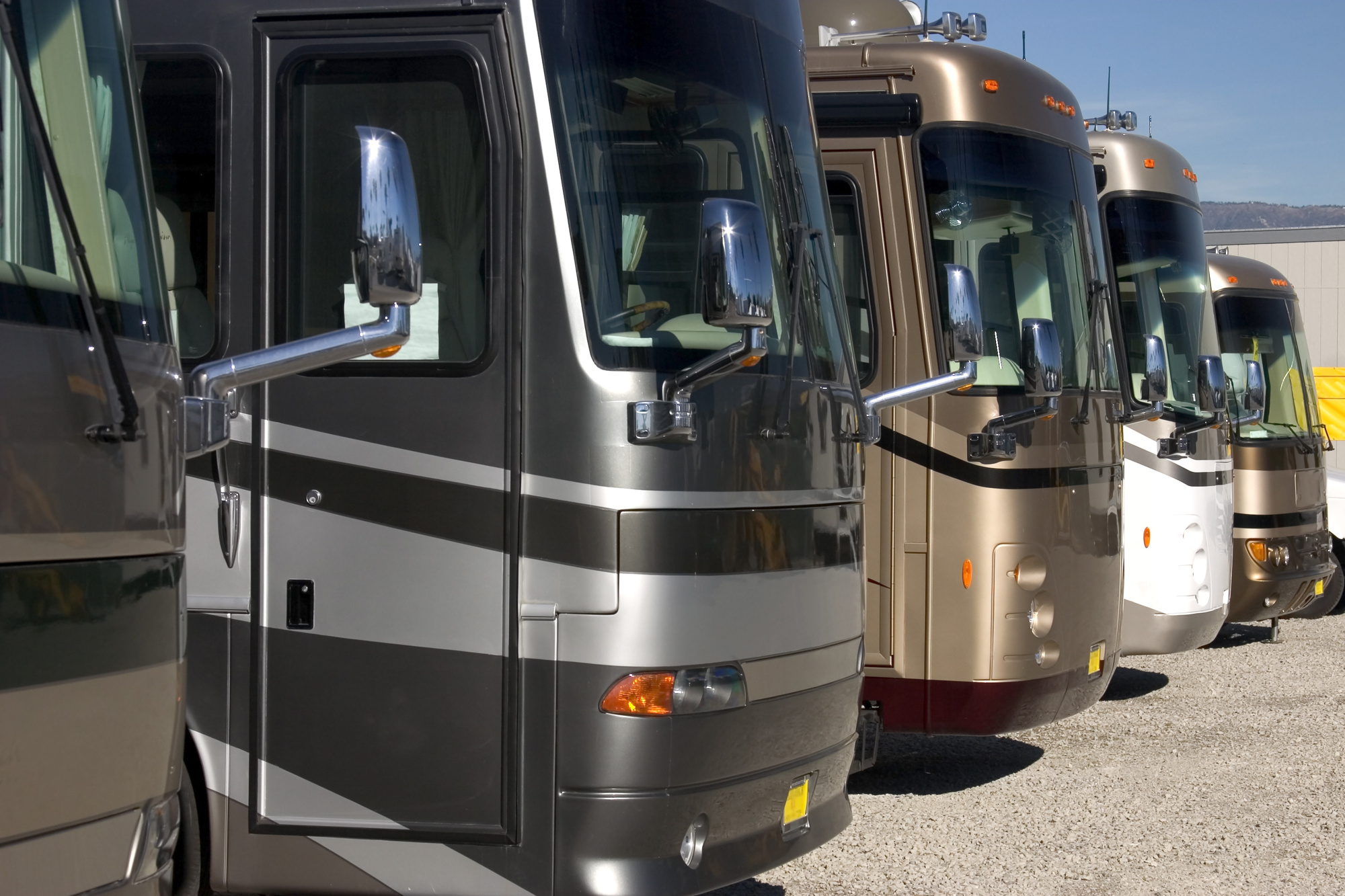Many people wish to hit the road and live out of an RV full-time. After all, who wouldn’t want to explore the world freely?
But is RV living right for you?
There are many pros and cons to RV living, which is why it’s essential to do your research before deciding to buy a recreational vehicle for full-time use. Here we’ll explore some of the most important factors to consider.
First, there is the cost of purchasing a recreational vehicle. The price can range depending on your needs, size and amenities desired, as
Table of Contents
Why Live In a Recreational Vehicle?
RV living is a way of life where people buy recreational vehicles (RVs) and use them as their primary home. RVs, which range from small trailers to large motorhomes, are designed for recreational purposes.
Before we look at the reality of the pros and cons, let’s consider your personality and values. Van life may offer a great solution if you crave adventure or value experiences over material possessions.
RV living may be right for you if you love exploring new places and are okay with packing up your home every few weeks.
Life On The Road
Consider the lifestyle changes that come with living in a recreational vehicle. Living on the road full-time can be both liberating and challenging. Are you willing to sacrifice everyday comforts like a traditional kitchen or bathroom?
Are you comfortable with being without a permanent home or address? Are you good at dealing with unexpected events, repairs, and life on the road?
Cost of Buying an RV
The cost of purchasing a recreational vehicle can vary depending on your needs, size and amenities desired. New recreational vehicles can cost anywhere from $10,000 to several hundred thousand dollars – so it’s important to consider your budget.
Class B RVs are the least expensive and generally under 25 feet long. You can buy an RV class B for sale at affordable prices and save some money. But consider your needs before purchasing – these recreational vehicles are generally less spacious or luxurious than their larger counterparts.
Class A motorhomes can be up to 45 feet long. These recreational vehicles are larger and more expensive than their smaller counterparts. They offer more amenities such as full-size kitchens, bathrooms, and sleeping quarters.
The Pros of RV Living
Let’s look at some of the best practical reasons to hit the road full-time. Consider the following advantages of RV living:
1. Mobility
The biggest benefit of RV living is that it offers complete flexibility and mobility. If you get tired of one location, you can pack up and move to another. It’s as easy as driving your vehicle to the next destination.
2. Low Initial Investment
Many recreational vehicles are much cheaper than a traditional home. This means you can start your RV living lifestyle for much less upfront.
3. Low Ongoing Costs
Living in an RV is also low compared to owning or renting a home; all you need are gas and parking fees (and potentially campground fees). If you can, buy a recreational vehicle instead of renting one. It can be an excellent investment that pays off over time.
4. Ongoing Maintenance
The maintenance requirements of recreational vehicles are much lower than those of a traditional home, meaning less money is spent on upkeep and repairs.
5. Community
There is an entire community of people who live in recreational vehicles. Many offer support and traveling tips to help new RVers get comfortable with the lifestyle.
6. Adventure
RV living offers an unparalleled adventure. You can explore different places and never get bored, as there’s always something new to experience.
The Cons of RV Living
Of course, there are also some potential drawbacks to recreational vehicle living. Here are a few that you should be aware of.
1. Space Limitations
A typical RV is just not meant to accommodate the needs of a large family or anyone requiring more than basic necessities. When living in an RV, you have limited storage space and living space, and it’s important to adjust your lifestyle.
2. Limited Amenities
Living in an RV often means sacrificing some of the amenities you’re used to having at home. You’ll have to switch to a minimal lifestyle with only the most essential items. Are you prepared to let go of some of your creature comforts?
3. Costly Upgrades
Most RVs are made for recreation, not long-term homes. They need regular maintenance and repairs if you plan on keeping yours for more than a few years. You may need to invest in costly upgrades like solar panels or generators to make your recreational vehicle more comfortable and livable.
4. Weather Restrictions
Living in a recreational vehicle can be difficult in extreme weather conditions, such as heat or cold. You may need to adjust your plans in certain regions due to extreme heat or winter snowstorms.
Knowing what seasons are best for visits can also help you save on camping fees due to high demand during peak times.
5. Less Stability
Being in a constantly different environment can be unsettling and difficult to adjust to. And if you’re always on the road, maintaining friendships and relationships may become more challenging.
6. Value Depreciation
RVs also tend to depreciate in value. This can be a significant downside if you plan on selling your recreational vehicle at some point.
7. Lack of Privacy
Living in a recreational vehicle limits your privacy. Consider living in more secluded areas to avoid large groups of people.
Is It Right For You?
Given these considerations, recreational vehicle living is only for some. Living in an RV can be an enriching experience, but it also comes with challenges. The reality of long-term RV living is different from recreational camping and can be a lifestyle shock for some.
At the end of the day, only you can decide whether RV living is a lifestyle you enjoy. Before taking the plunge into full-time recreation vehicle life, take some time to research all aspects of this lifestyle so that you know what to expect when hitting the open road!
With careful planning and consideration, RVing might be what you need for your next big adventure! Happy RVing!
If you liked this article, check out our other related content on recreational vehicle living and travel.




